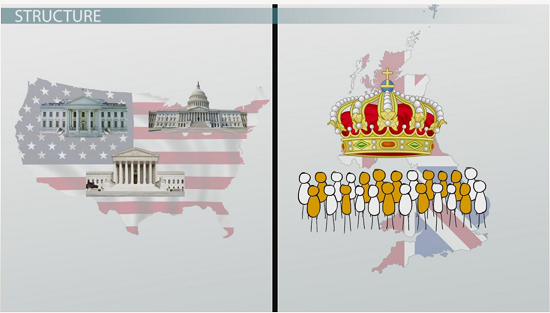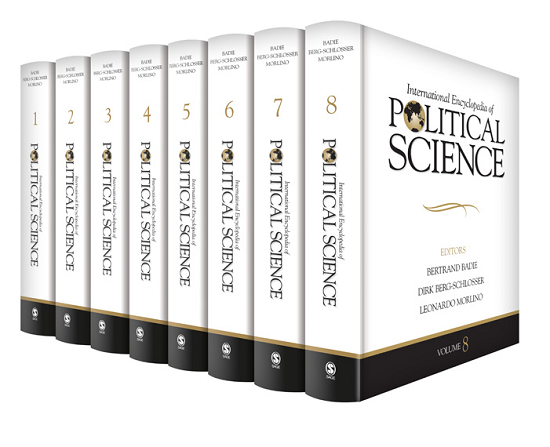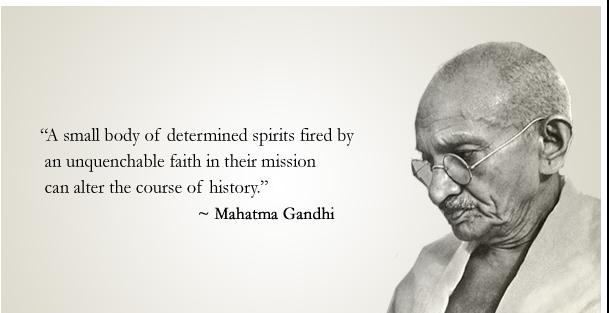Updated By: LatestGKGS Desk
Liberalism: Definition, History, Ideology, Principles, Theory

What is the concept of Liberalism and what does it mean to be a liberal person? Ideology and Facts
Liberalism is the belief in the importance of freedom and equal rights. Liberals support a wide range of ideas based on their understanding of these principles, but generally, liberals support ideas such as liberal democracy, free and fair elections, constitutionalism, human rights, capitalism and the free exercise of religion.
Liberalism first became a powerful force in the Age of Enlightenment, which rejected many reputable assumptions which dominated most earlier principles of government, such as, nobility, absolute monarchy, established religion, and the Divine Right of Kings.
Early liberal thinker John Locke, who is often credited with generating liberalism as a distinct philosophical tradition, employed the concept of moral rights and the social contract to argue that the rule of law be replaced absolutism in government, that the rulers were under the consent of the governed, and that private persons had the fundamental right to life, liberty, and property.
Liberal views have spread even further in the twentieth century when liberal democracy was conquered in two world wars and escaped major ideological challenges from fascism and communism. Today, liberalism in many of its forms remains as a political force for various degrees of power and influence on all major continents.


